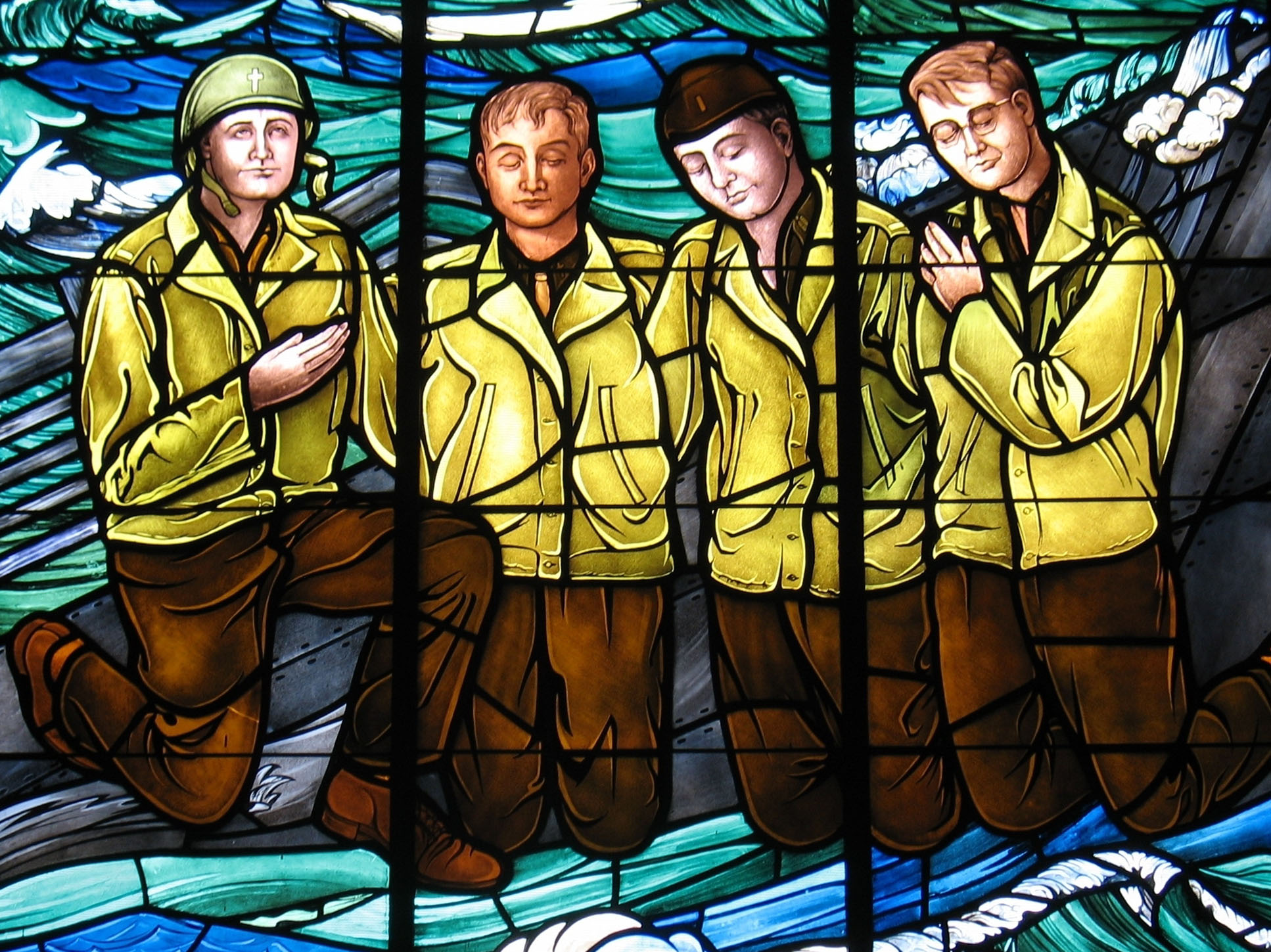
The shadow of the First Amendment certainly hovers over the chaplaincy… .
Religion has long played an important role in sustaining soldier morale, especially in the front lines of war. But, over the past century many questions have surfaced over how religion is institutionalized in the armed forces. Is the existence of a chaplaincy a violation of the U.S. Constitution? What can or should chaplains do or not do? Which religions, faiths, or belief systems are or should be included? These and many other questions are addressed in this conversation between Dr. Ronit Stahl, author of Enlisting Faith: How the Military Chaplaincy Shaped Religion and State in Modern America and U.S. Army War College Professor of Strategy Jacqueline E. Whitt.
Podcast: Download
Ronit Stahl is a Fellow in the Department of Medical Ethics at the University of Pennsylvania and incoming Assistant Professor of History at UC-Berkeley. Jacqueline E. Whitt is Professor of Strategy at the U.S. Army War College and the WAR ROOM Podcast Editor. The views expressed in this presentation are those of the speakers and do not necessarily reflect those of the U.S. Army War College, U.S. Army, or Department of Defense.
Photo: Close-up of “The Four Chaplains” stained glass window located in the Army War College Chapel, Carlisle Barracks, Pennsylvania. The window commemorates the heroic actions of four military chaplains on board the U.S.A.T. Dorchester in World War II after being torpedoed by a German submarine in the north Atlantic. Read more about the four chaplains here.
Photo Credit: U.S. Army War College photo

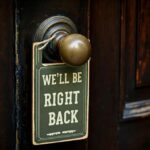
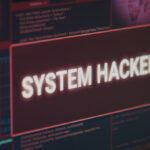
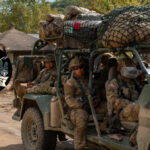
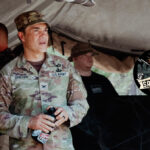
Well presented and thought provoking. Having served both as a career US Army active duty Chaplain (23 years) then serving for 13 years as a Military Endorser, bringing people into military chaplaincy, I appreciate the accuracy of the report.
It is very true that Chaplains serve in a truly different sub-culture, one that can only be served by being IN and PART OF the culture. Attempting to do what chaplains do through external clergy would just not be functional. Another truism is how marvelously clergy from varied backgrounds learn to appreciate and support each other even when there are theological divides. Personally, I have never found a better, more cooperative, educated, and functional group of clergy than those serving as chaplains.
Thank you for the objective and well researched report.
Dick Stenbakken, Ed. D.
Chaplain (Colonel) U. S. Army, Retired
There has also been flag officers who have put politics over the beliefs of many. Probably the most flagrant was Admiral Mullen. Telling a chaplain that if couldn’t get in line with a policy, he should resign his commission.
During this same period, a chaplain had a promotion rescinded and he would have to be “more closely supervised.” Another was told that his chapel was “sexual neutral territory.”
There were (are) many who seem to think that religion has no place in the military. When they reach a certain level, they trample on the rights of others in the name of political correctness.
I’m am not alone when I thank the chaplains who I’ve been fortunate to meet, especially in the Army in Vietnam, where their value cannot be overestimated.
This information was useful to my meideval military vs modern military presentation. Thank you.
BTW this website is pretty cool lololololol I dont know what im doing lol im am just in grade 7 pls give me a break i am stil a kid lololololol